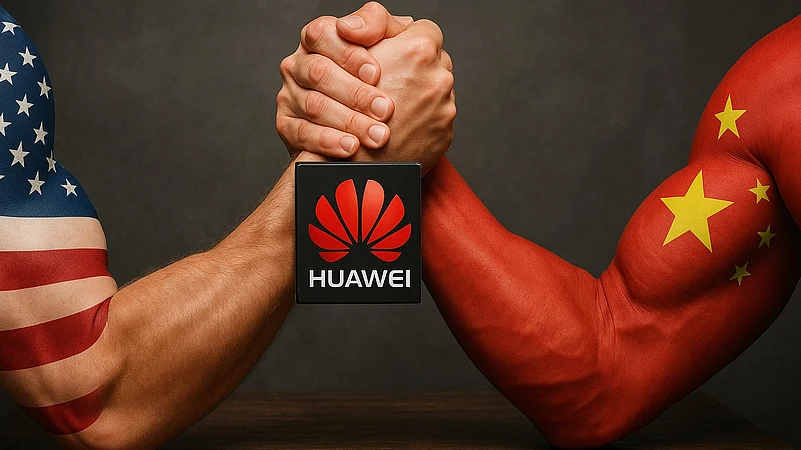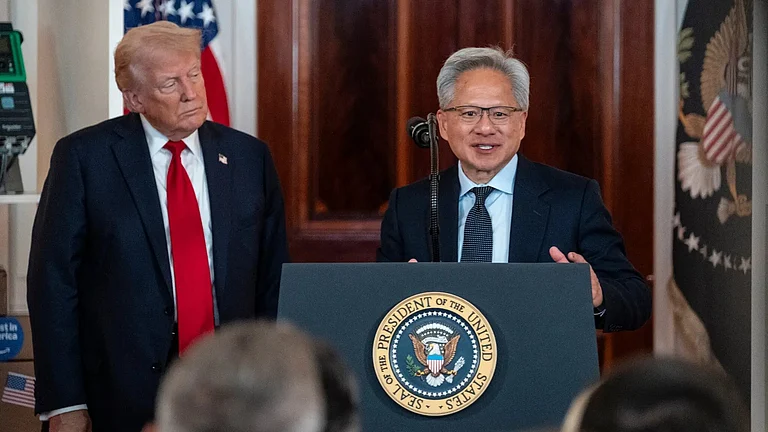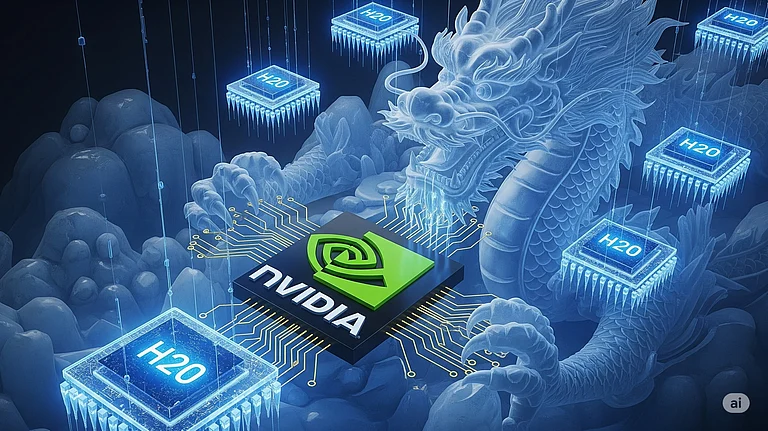China’s Commerce Ministry in Beijing issued a statement on Wednesday threatening legal action against individuals or organisations implementing US export restrictions on Huawei’s AI processors, Bloomberg reported.
The ministry claimed that such actions violate China’s Anti-Foreign Sanctions Law and other regulations, warning that those involved “must bear corresponding legal responsibilities.”
This follows the Trump administration’s issuance of guidelines on May 13, which alongside the revocation of Joe Biden’s Artificial Intelligence Diffusion rule, reminded companies that using Huawei’s Ascend chips “anywhere in the world” violates US export controls.
Over the past week Beijing has repeatedly criticised Washington for issuing warnings against using Huawei’s AI chips, particularly the Ascend series, accusing the Trump administration of undermining a preliminary trade agreement reached in Geneva on May 10, 2025.
This agreement included a 90-day tariff pause, reducing US tariffs on Chinese goods from 145% to 30% and Chinese tariffs on US goods from 125% to 10%, to facilitate broader trade negotiations. China’s Commerce Ministry called the US measures “discriminatory” and “market-distorting”, arguing they threaten the stability of the global semiconductor supply chain and undermine the Geneva consensus.
The dispute over Huawei’s advanced chips highlights persistent tensions despite positive rhetoric from US and Chinese negotiators during last week’s trade talks in Geneva. The ongoing friction underscores significant challenges in bridging differences on key issues.
Earlier this week China asserted that the Trump administration’s guidelines undermined the progress made in recent trade discussions.
The US Commerce Department revised its guidance on Huawei’s Ascend AI chips, originally issued on May 13, 2025. The initial guidance, released on May 12, 2025, stated that “using Huawei Ascend chips anywhere in the world would violate US export controls.” The updated version removed the phrase “anywhere in the world”, signalling a shift in the scope of the restrictions.
Huawei’s Ascend chips, designed for training AI models, are positioned to compete with Nvidia’s dominance in high-end chip design. These chips are a cornerstone of Chinese leader Xi Jinping’s strategy to enhance China’s domestic capabilities in developing advanced chips, as part of a broader push for AI supremacy against the United States.
At a high-level political meeting last month Xi emphasised “self-reliance” in AI development, stating that China would leverage its “new whole-of-nation system” to accelerate technological independence and innovation. This approach aims to reduce reliance on foreign technology amid escalating US export controls targeting Huawei and other Chinese firms.


































